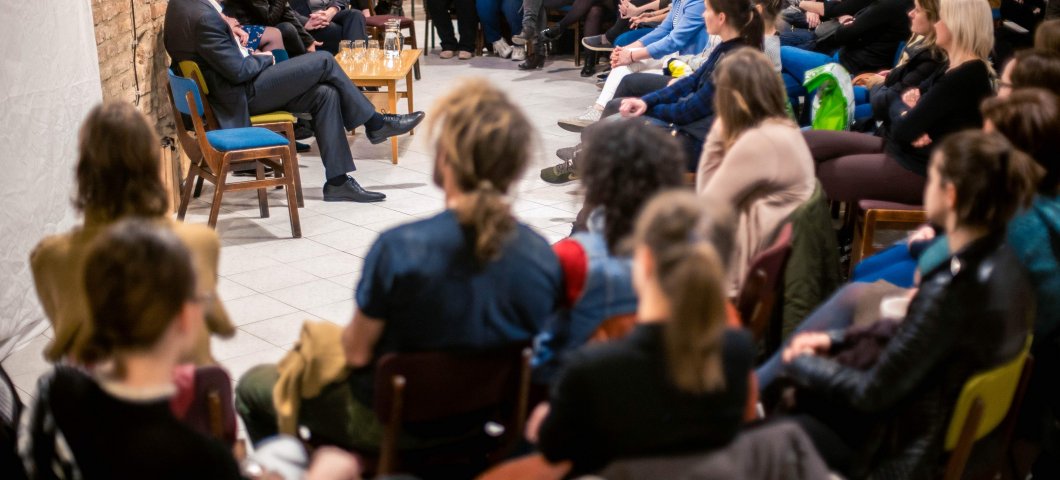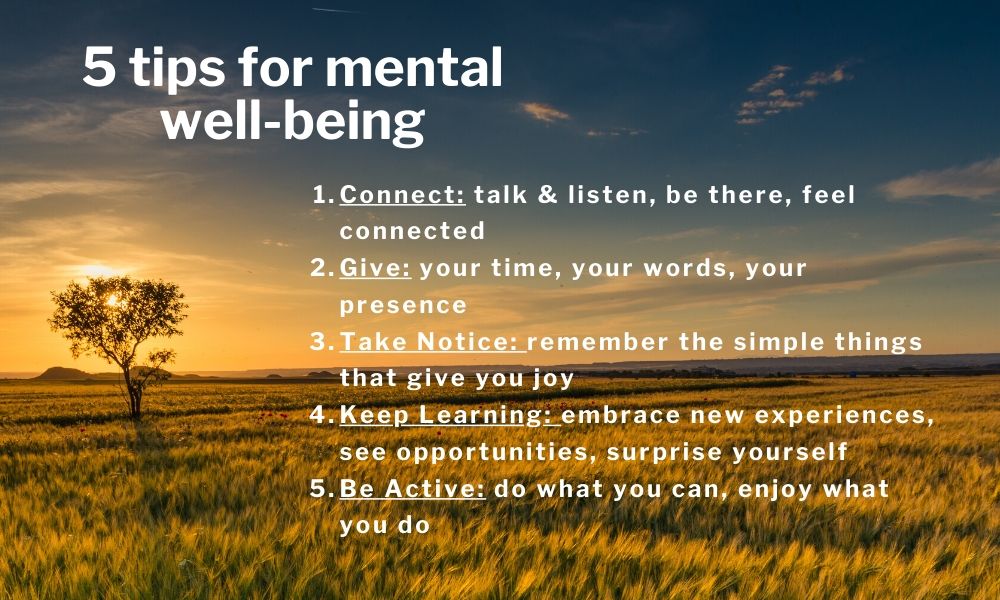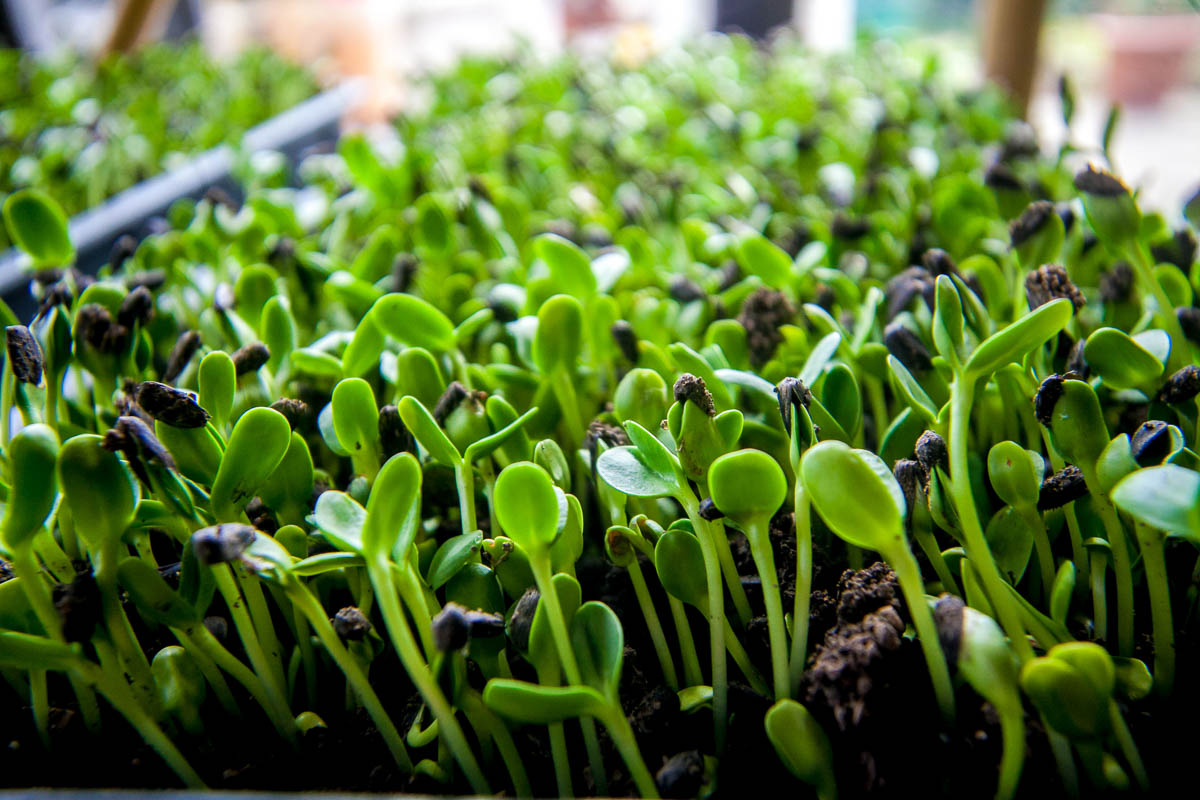How to Care for our Mental Well-Being?
2020
May
07
Everyone reacts differently to stressful situations. Many grand-scale changes happened in the last couple of months, and we all have to adapt to changing circumstances as best we can. Keeping our mental health, caring for our mental well-being is especially important, because the exam period is coming. I asked Dr. Mátytás Káplár, Head of the Psychology department, Faculty of Humanities, University of Pécs to give some tips about mental health.

How can we efficiently cope with a situation like Covid-19 and come out of it healthy mentally and physically?
The most important thing is to consider our situation as an opportunity to protect our health and the health of others and not to see it as something that limits our freedom because this negative mindset could make us loose our control.
You need to tell yourself that: “I decide to stay indoors and it is not something forced” – this way you stay in control of yourself. I think this is one of the most important coping mechanisms: to believe that you are contributing to the solution of the problem. We must also keep our life in a flow; we must not give up on our daily routine. It is vital to get up in the morning, follow the plans for both students and teachers. Have appropriate meals in the right time, in the right amount. Contribute to your healthy way of life by engaging in physical activities such as working out indoors or going out alone for a run or walk. It is also important to maintain social relationships, not physically but through the phones and internet. Keeping a social distance yet staying connected with our loved ones.
Personally, I make a balance between work and normal life. We cannot divide working time and resting time since we are at home. I make sure when I am resting, I do not bring in work and vice versa.
Staying indoors for such a long time can be frustrating for everyone. What three pieces of advice would you give to the students of the University of Pécs to keep their calm?
- Keeping a schedule and planning our daily lives.
- Maintaining physical activities day by day.
- Building social interactions through the phone or social media.

What activities would you recommend to stay mentally healthy during quarantine?
I would advise to have activities at home coming from different fields. You can get involved in puzzles, watching TV. Keep switching activities so it does not become monotonous for you. Have interesting conversations or read about interesting topics that always intrigued you before.
Do you think a good mental balance helps to boost immunity and ultimately may help protecting you from being affected by a pandemic such as Covid19?
I really think there is a correlation between physical and mental wellbeing. I would not completely say that if you have a balanced lifestyle you would not be affected by Corona, but yes, there have been many studies that claim that a good mental balance helps to brings you strength and immunity against certain diseases. However, to answer your question, there is no reliable statistic data to claim the reliability, but some studies found that a stable mental health may give immunity boost and therefore can provide protection. In addition, the important part to highlight here is that if you are mentally balanced you can cope with the disease more effectively. Your treatment progress would be faster for sure.
Many people feel contained and stranded in a foreign land, because they cannot fly back home to their families for comfort. In case someone is facing anxiety, panic attacks, what can they do? How can they help themselves or how can we be of help to them? Is there any hotline available at the University to consult for psychological help if needed?
Social protection and social relations can help us decrease anxiety. Staying in touch with your loved ones can give us a boost. If it goes further than that, in case the stress level, the feeling of anxiety is severe, it is very important to ask for professional help. At the university, there is a department that provides free help for such crisis/issues in the pandemic situation. There are psychologists and psychiatrists with whom you can schedule an appointment online: counselling.pte.hu. I personally do not think however, that it is possible to cope with a severe condition on your own - with or without the corona virus. So if you think you have a problem that you cannot deal with on your own, please ask for help.

According to a study, Covid-19 has induced great levels of fear and anxiety among masses leading to increased levels of suicidal behavior, drug abuse, feeling of loneliness leading to high levels of alcohol consumption. What do you think can be an efficient measure to tackle this psychological dilemma?
Unfortunately, people going through any severe disease will naturally turn to less adaptive or coping behaviors such as drug/ alcohol abuse or even suicide. In this case, seeking professional help would be appropriate and advisable. The university students are not living completely alone thankfully, so they are surrounded by their peers, to them I would say: be responsible and help each other. If you see any serious symptoms in someone around you, suggest them to get professional help and we will also try our best to help.
Do you think students or the general public would automatically recover mentally from the traumas they have experienced during this pandemic, or should they seek counselling?
I think most of us will go back to our usual selves after the pandemic. There might be changes in our social lives hopefully in a positive way, for example we will value our relationships more, and we will get closer to our loved ones. However, I think there will be some people who might need extra help, such as counselling, to find the root of their problems, work on the release of anxiety/traumas, and bring them back to their old life.

Do you think the universities should ease down the exams for the current semester in order to decrease the stress for the students?
Regarding the exams, I do not think the exams should be made easier but there should be different techniques to check the knowledge of students. The diploma will be the same for everyone; hence, the preparation and knowledge should be the same under all circumstances. Of course, I know several professors are expecting more activity from the students now but these tasks will just assist the students in clearing their finals. Maybe we need to be more flexible with the examination but not lenient with the knowledge.
How do you think this digital learning would affect the knowledge and the practical skills of the students?
This is a new territory for both students and teachers. We need to be more thorough with these mediums. As I see, most of the platforms are very good and they might even have a positive effect on the knowledge. With the narrated slide shows, that you can listen to repeatedly, learning has actually become easier and the new activities initiated by the professors the students will be more engaged.
Of course, there are disadvantages as well to the digital learning. It is very important to have direct interaction with students to be physically presence to see their facial expressions and have a chance of a good discussion as a class. I would not switch to distance learning, but of course given the current circumstances this is the best alternative. There is a positive attitude and a good cooperation from both sides.
by Fatima Majid Malik
- Log in to post comments
University of Pécs | Chancellery | IT Directorate | Portal group - 2020.






















